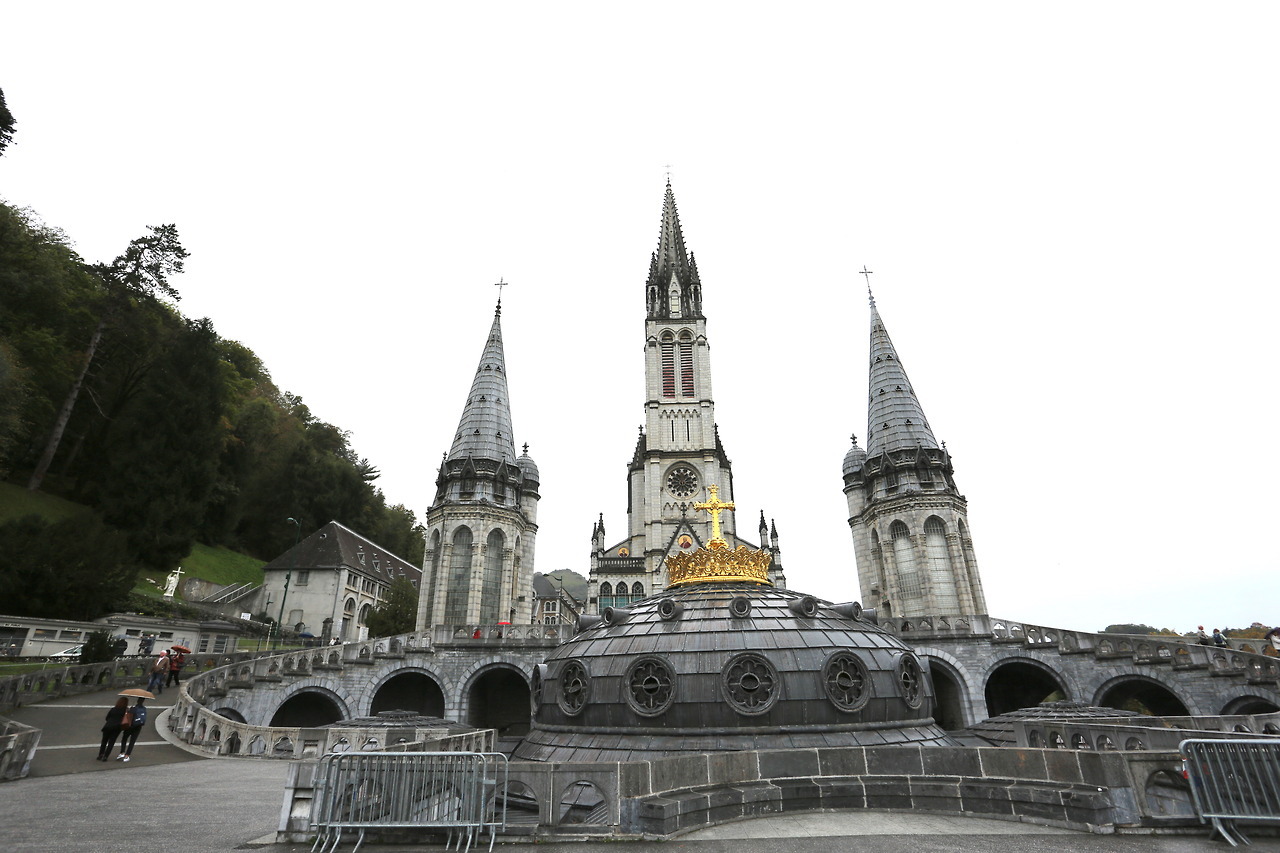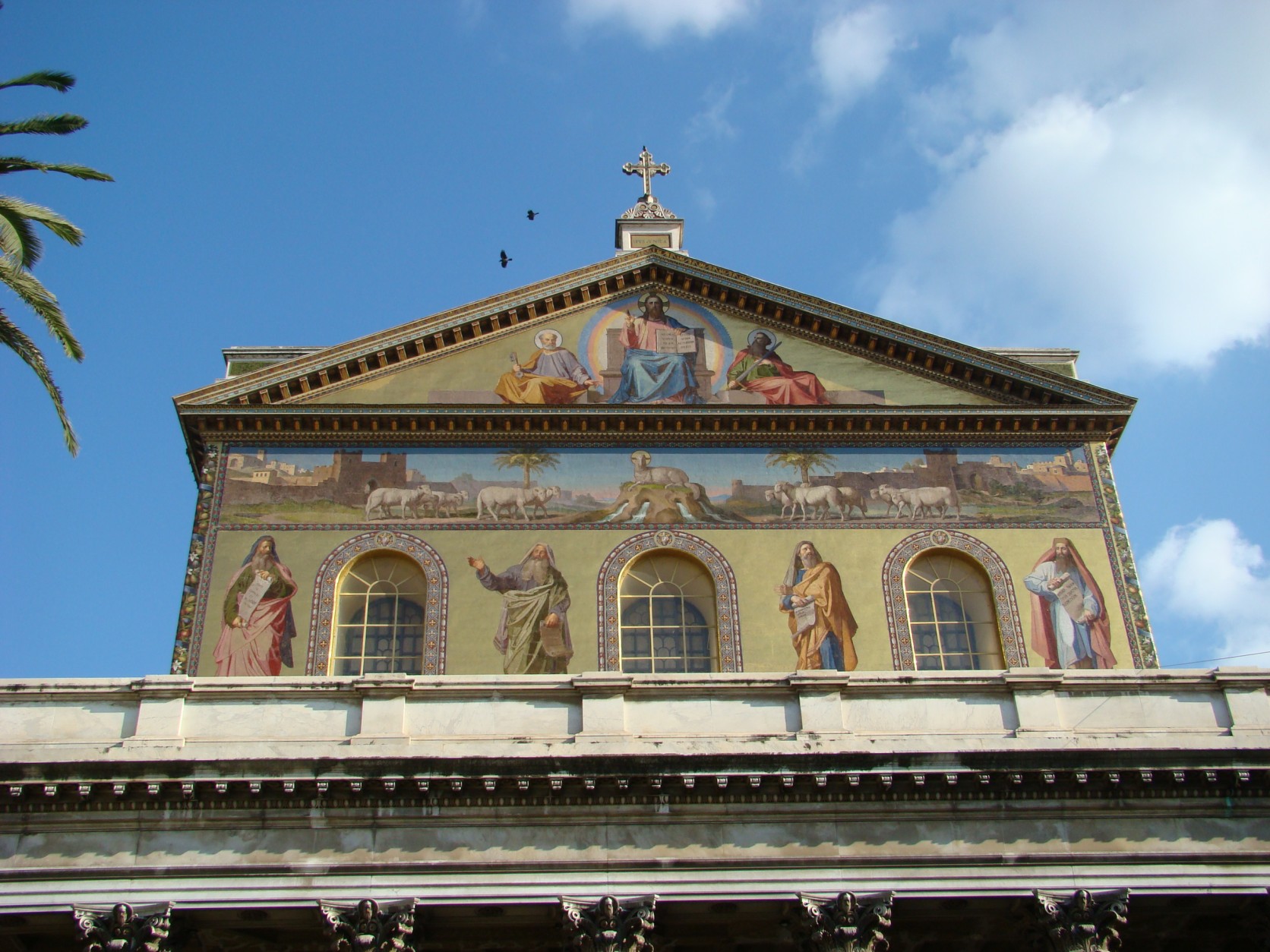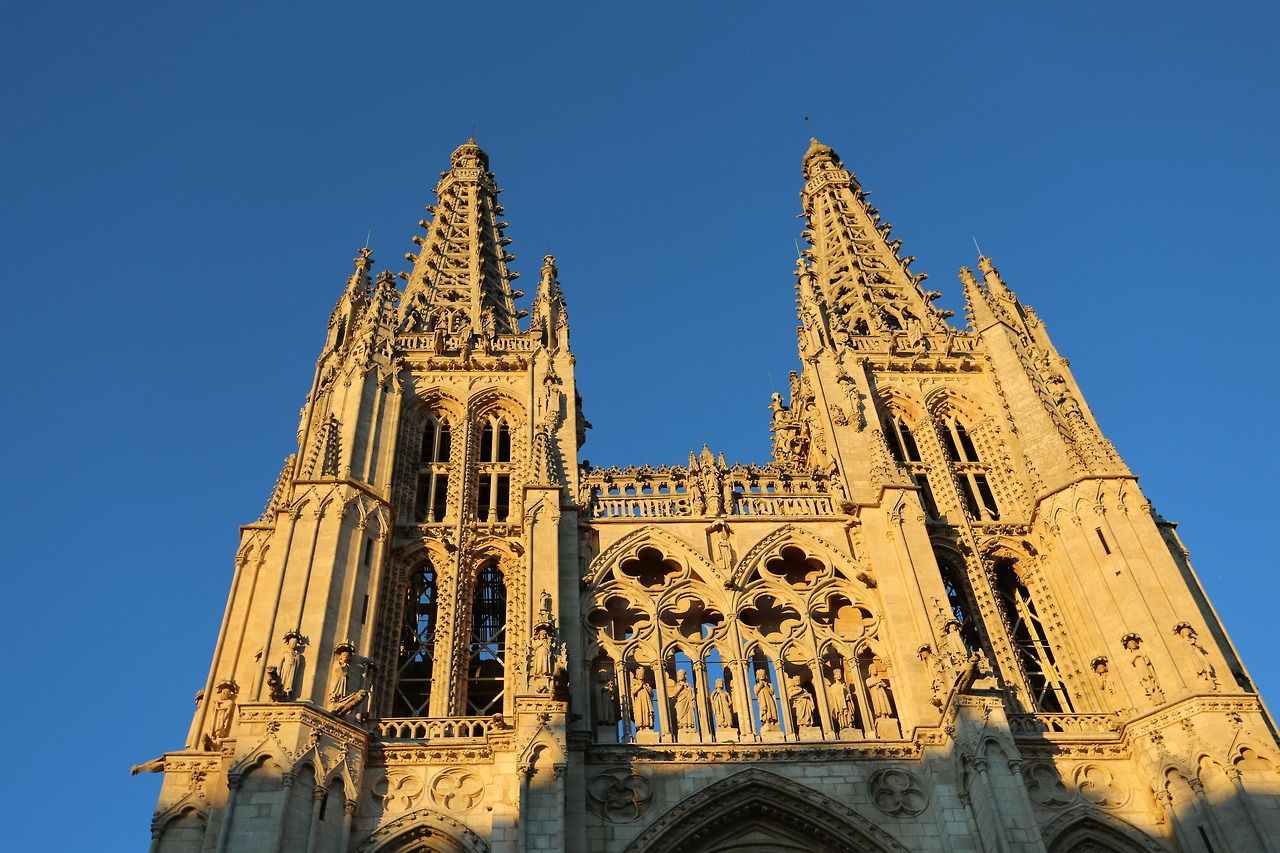Acts 2:1-11; Ps. 104:1, 24, 29-30, 31, 34; 1 Cor. 12:3b-7, 12-13; Jn.20:19-23
“Come, Holy Spirit, come” to serve the mighty acts of God in us and through us. This is an invitation for the Spirit to enter our souls and open for us the gates of heaven through the works of God. Pentecost Sunday is a call to life in the Spirit, that is with the foretaste of heaven though not fully yet realized because we remain in a state of purification with the stain of sin. As Jesus appears after the resurrection to the disciples, he breathes on them to give them the Holy Spirit of fire and truth and set them on their mission as a royal priesthood in the person of Jesus Christ.
Jesus appears in his glorified body to the disciples in today’s gospel behind locked doors yet he was able to pass through unrestricted by nature though his body was tangible. This property we will all have is known as “subtlety” and is governed by the direction of the soul as one of seven properties of the glorified state described by St. Thomas Aquinas. Jesus is one with the Father in the Spirit and we call on the Holy Spirit to come and be one with us in this mystery of the Trinity. Life in the spirit is the soul’s hunger and restless desire for holiness that is perfection as the Father in heaven is perfect beginning with us calling on the Holy Spirit to “come”.
Jesus first words to the disciples are “peace be with you” showing them his hands and his side to erase all doubt of his physical presence. Jesus then repeats his gift of peace now that the disciples believe and after breathing on them, they receive the Holy Spirit with the call to go forth with their mission “whose sins you forgive are forgiven them, and whose sins you retain are retained”. This specific spiritual gift is reserved for the disciples though we recognize “There are different kinds of spiritual gifts but the same Spirit; there are different forms of service but the same Lord; there are different workings but the same God…To each individual the manifestation of the Spirit is given for some benefit.” There is a path to holiness given to each of us coming from the gifts of the Spirit and our joy is in recognizing our gifts and multiplying them.
The disciples first gift and power from the Spirit is to bring peace and healing through forgiveness of sins. This for many other Christian denominations is a barrier to faith because of the belief “only God can forgive sins”. This is the same issue the Jews had with Jesus boldness when he clearly took action to forgive sins, an apostasy to place himself equal to God. Today we accept Jesus as the second person of the Trinity as one with and in God. Jesus promised the disciples even greater things to come through them and it begins with this gift to forgive sins not on their own but in the person of Christ himself who is with them and acting through them as he does through the priesthood today. What about our gifts, our calling, and service to God?
Today we are called to speak of the “mighty acts of God” through the gifts of the Holy Spirit given to us just as the disciples spoke in different “tongues” we speak through the different gifts of the mighty acts God is doing in our lives. Each gift is connected to a service to fulfill a work of God and bring about a benefit that is a “fruit” of the Spirit. How are we doing with our gifts to bring about this “fruit”? It begins with an act of the will to call on the Holy Spirit to come and be with us as we respond to this day, the challenge of this moment, and to fulfill the benefit waiting to be achieved by our specific gift but it begins with us calling on him, in spirit and truth to come and “take possession of my heart and strengthen me by your grace”.
Pentecost is the Greek name for Shavuot celebrated fifty days after Passover, the spring harvest festival of the Israelites sharing the first fruits of the harvest which was going on when the Holy Spirit came. Many came from different regions and languages to celebrate and share their harvest. Pentecost then is the festival of sharing the gifts of the Holy Spirit with each other bringing the fire of God’s love then going forth with the Good news of the gospel into our world. Fire is transforming and the Holy Spirit is with us to bring transformation to our lives, our relationships, and our world.
Our world is undergoing the “test” of faith as it battles the pandemic of a virus threatening our mortal lives. “Fear” is not the response of faith of a believer nor is withdrawal into seclusion the response of faith. Prudence is right judgement in responding as a people of faith to the crisis. It is not if we are to open the doors of the church but how they are to remain open to the sacramental life. Guided by the fire of the Holy Spirit we are to gather together in celebration to receive Jesus in the Eucharist, in the Holy Spirit, and in the communion with the people. This is an essential service for the people of God and Jesus is calling, the Holy Spirit is waiting, and the Father is at our doors. Let us welcome him into our souls by returning to his temple of love.











Recent Comments